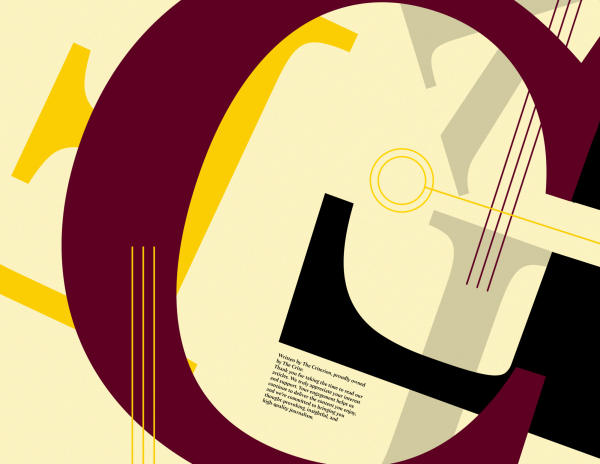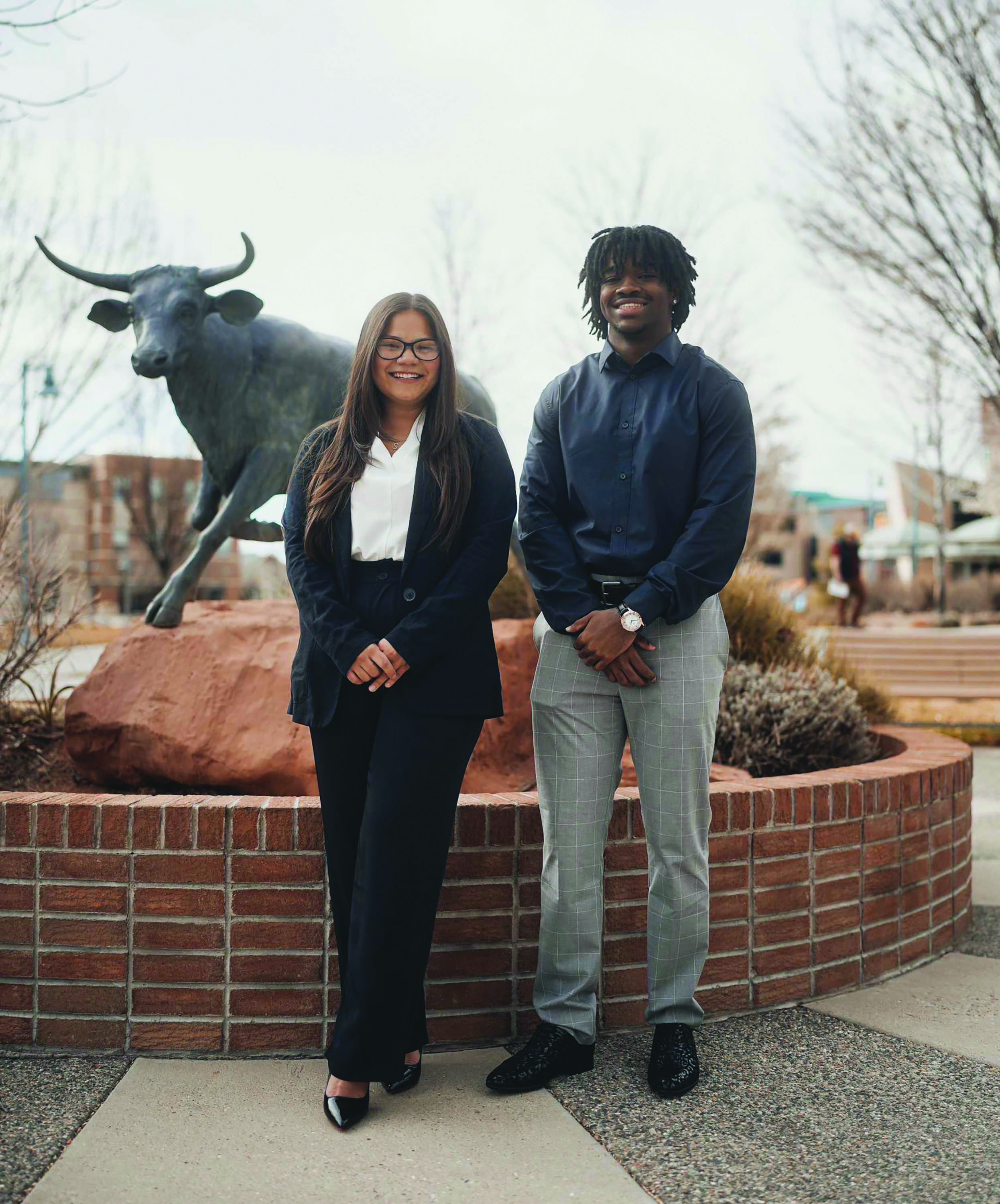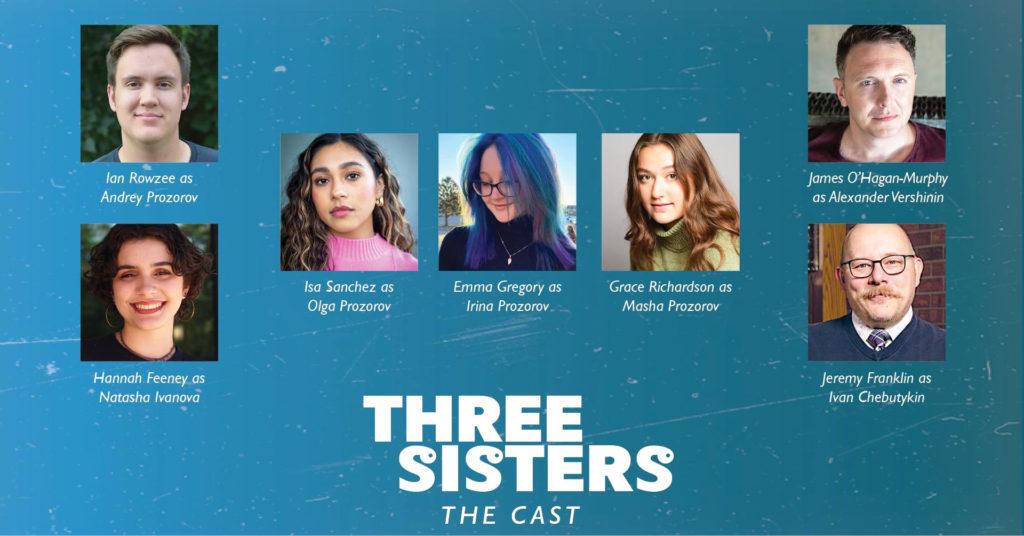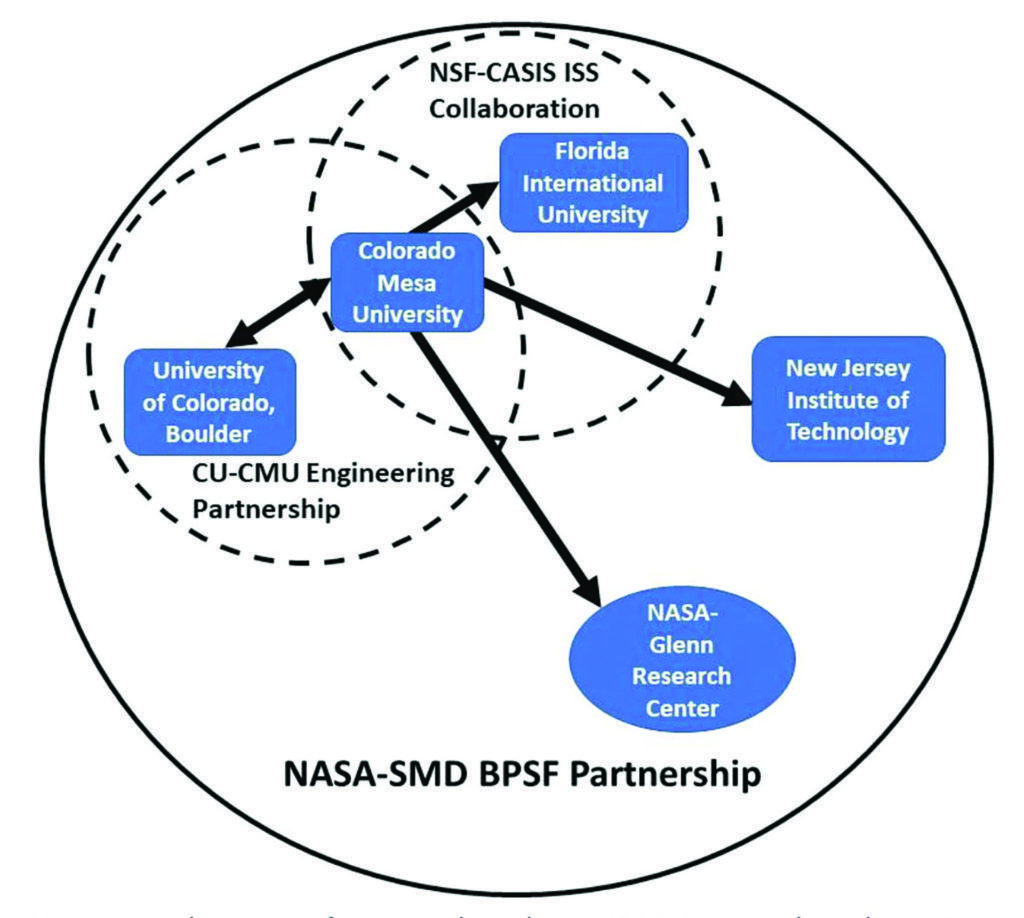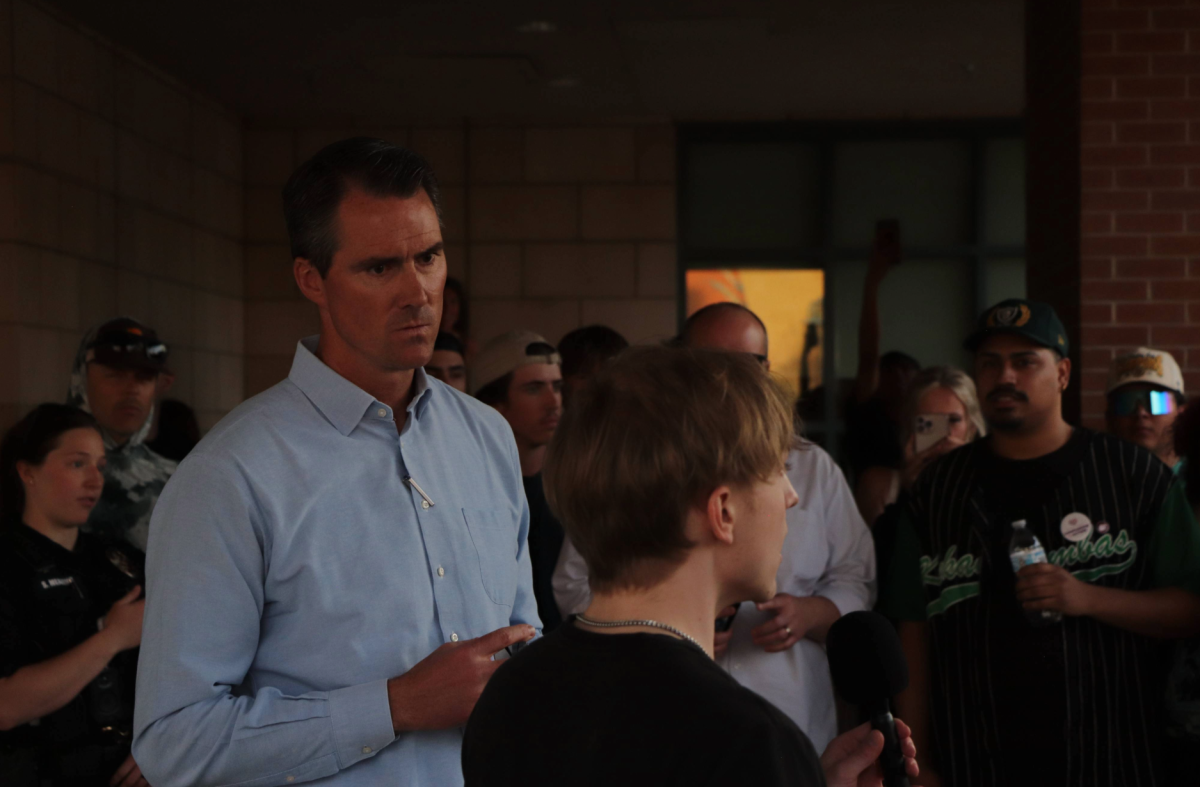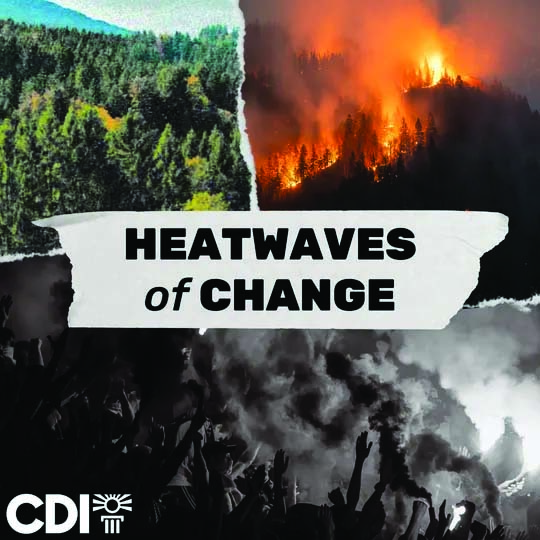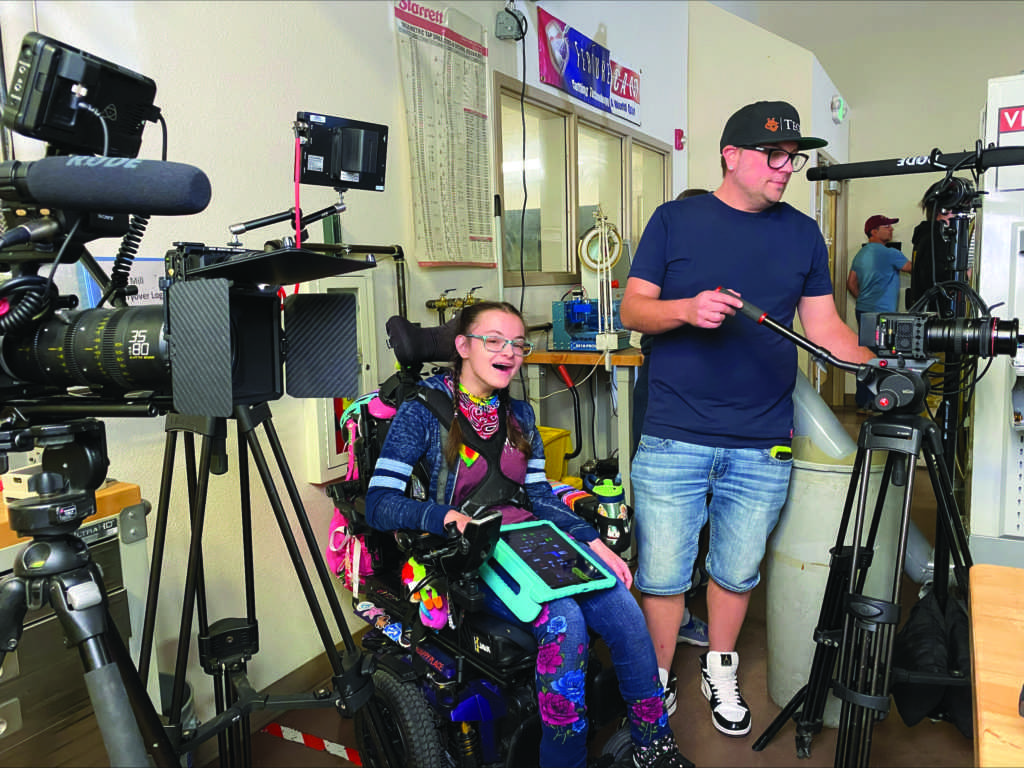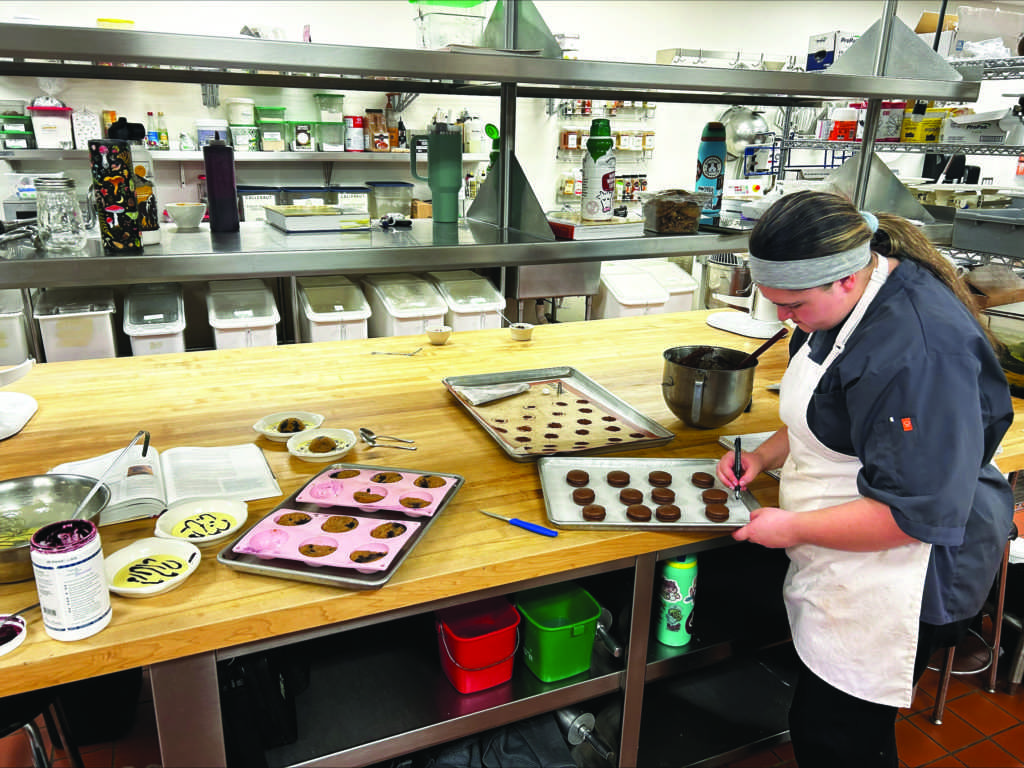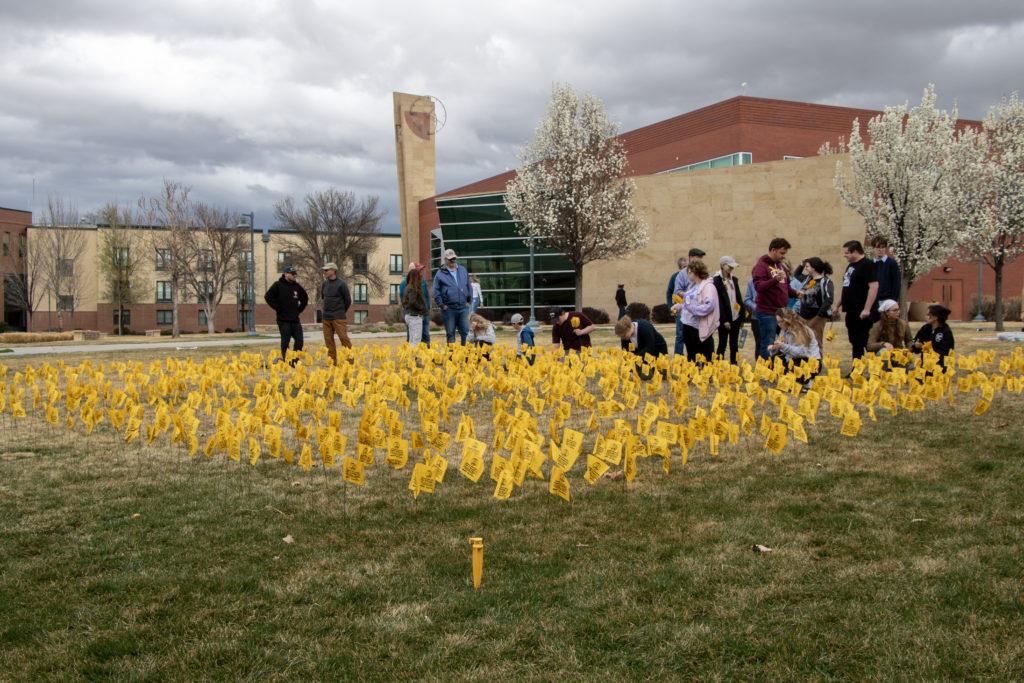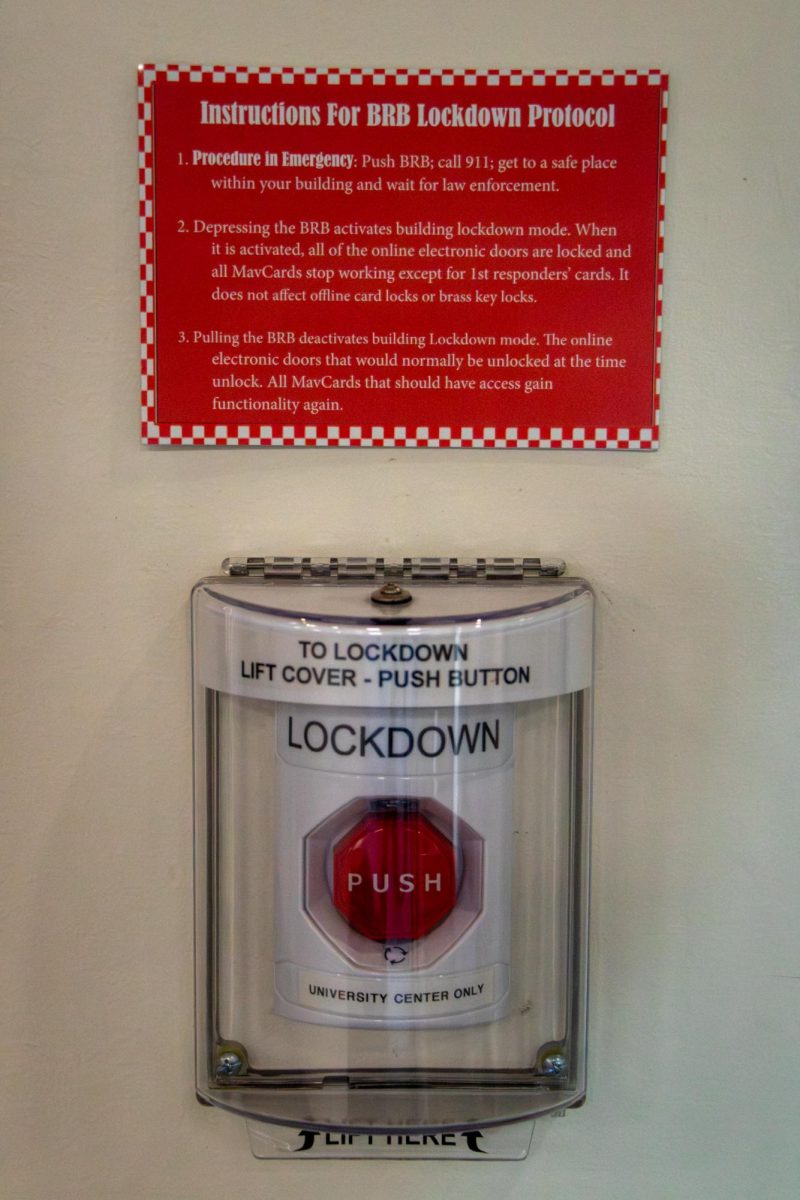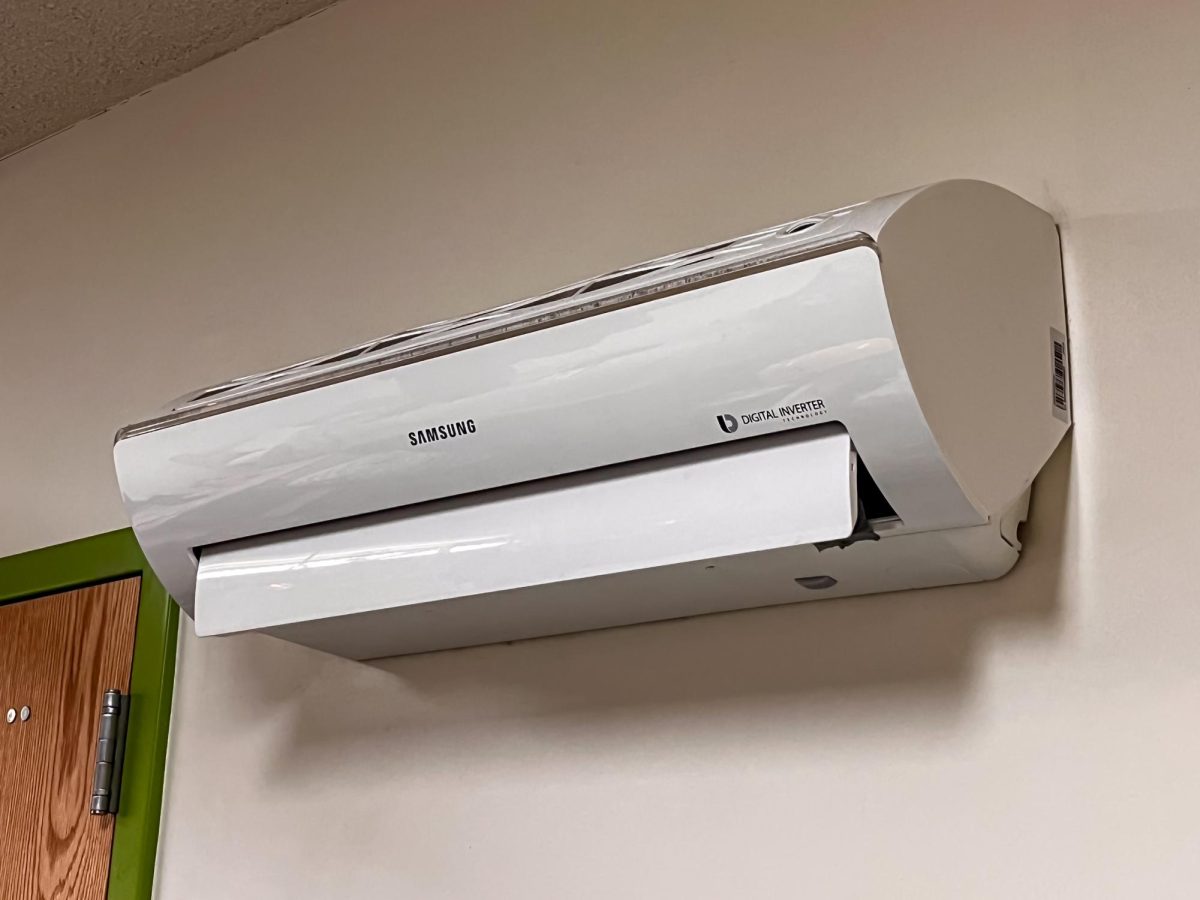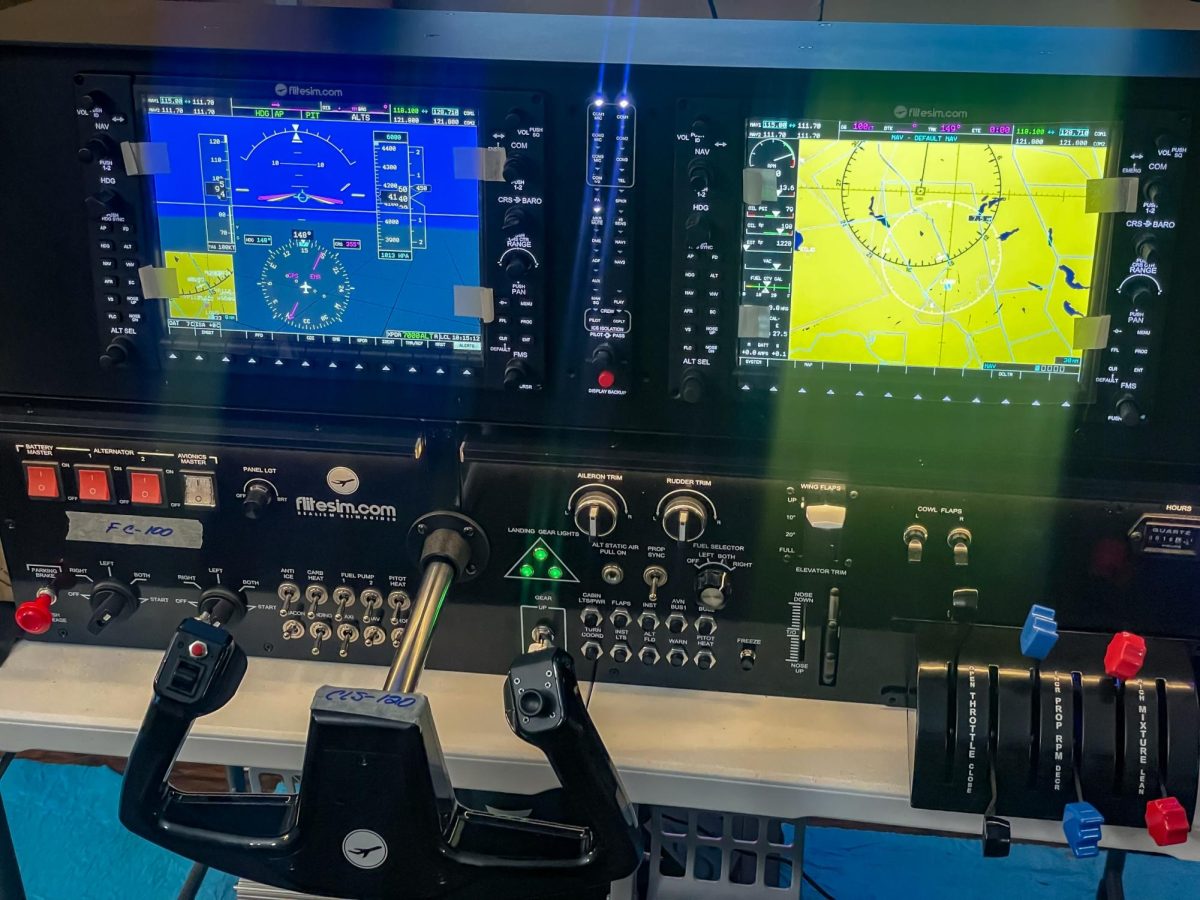Cover photo by Will Finch, taken during the opening of the CMU Esports arena in January.
In a year where many traditional sports have been stymied by COVID-19, esports is uniquely suited to the pandemic environment.
Colorado Mesa University’s (CMU) Club Esports team, while not able to host in-person meetings, has found that practice can continue, although not without its hiccups.
“That’s one thing that makes esports very unique, is that we’re natively online,” CMU Club Esports President, Jay Shearrow, said.
The Club Esports team currently consists of around 30 members, playing a variety of competitive games including Overwatch, Counter Strike, Rocket League and others. Not every member is on a team.
“My overall take is that esports, compared to traditional sports, have adapted a lot faster and [more] smoothly,” CMU Esports member, Nicolas Weckerly, said. “But what people may not know, although we are online, from your CMU Esports team to the professional scene, it has not been easy. We don’t have less problems, just different problems.”
Although online practice is possible, and can help teams grow together as a unit within the club sport, there are still hurdles to a lack of in-person meetings.
“There’s value in verbal communication, but there’s also a lot of value in nonverbal communication,” Shearrow said. He explained that body language can’t be read online, and it’s a different process to help players refocus if they’re getting frustrated.
Although television ratings for professional sports leagues such as the NFL and NBA have declined in recent years, most professional sports are as popular as ever as viewing habits and methods change. Many Esports, while growing increasingly popular, have had a difficult time organizing tournaments this year, especially in the United States, which are normally a big part of viewership.
“A great example of this is the OWL (Overwatch League),” Weckerly said. “OWL was gearing up for its third season, with the intention of every game having a home-stand. This meant that every game was going to be played in larger arenas from San Francisco, to New York, to London and even China. The pandemic has caused all of these events, of course, to be canceled making the OWL go fully online.”
The fully online tournament structure was adopted by many large and prestigious tournaments around the world, but not necessarily to glowing results.
“This took a major toll on the players as they started retiring or moving-on in record numbers,” Weckerly said. “Additionally, a lot of revenue was supposed to come from ticket sales, which is going to be a turn-off for future investors.”
Online tournaments have a variety of issues beyond the lack of in-person interaction, and difficulty in reading nonverbal communication. Connection problems, controller input delays and other problems plague the online scene as well, and can take a heavy toll on competitors and their mindsets.
“Anyone who has competed in something in person knows that seeing your competition, having a physical audience, and other atmospheric qualities add passion to any competition,” Weckerly said. “This year with everyone inside apartments alone on computers has put a damper on competition and the viewing experience.”
“I’m glad tournaments are being held in the first place. […] Despite not being able to be in the same room or despite social distancing, I would say that [tournaments] are a good thing,” Shearrow said.
The Esports teams aren’t letting online issues stop them from practicing as a unit.
“Our practice is now conducted online twice a week for a few hours. Our methods are still evolving as we figure things out,” Weckerly said. “We are working on things such as online VOD reviews (watching back tape in traditional sports), creating a leadership structure and team bonding among other things.”
Esports tournaments are likely to not be back until 2021. Unique issues face the various scenes, but they are uniquely suited to a pandemic world.




